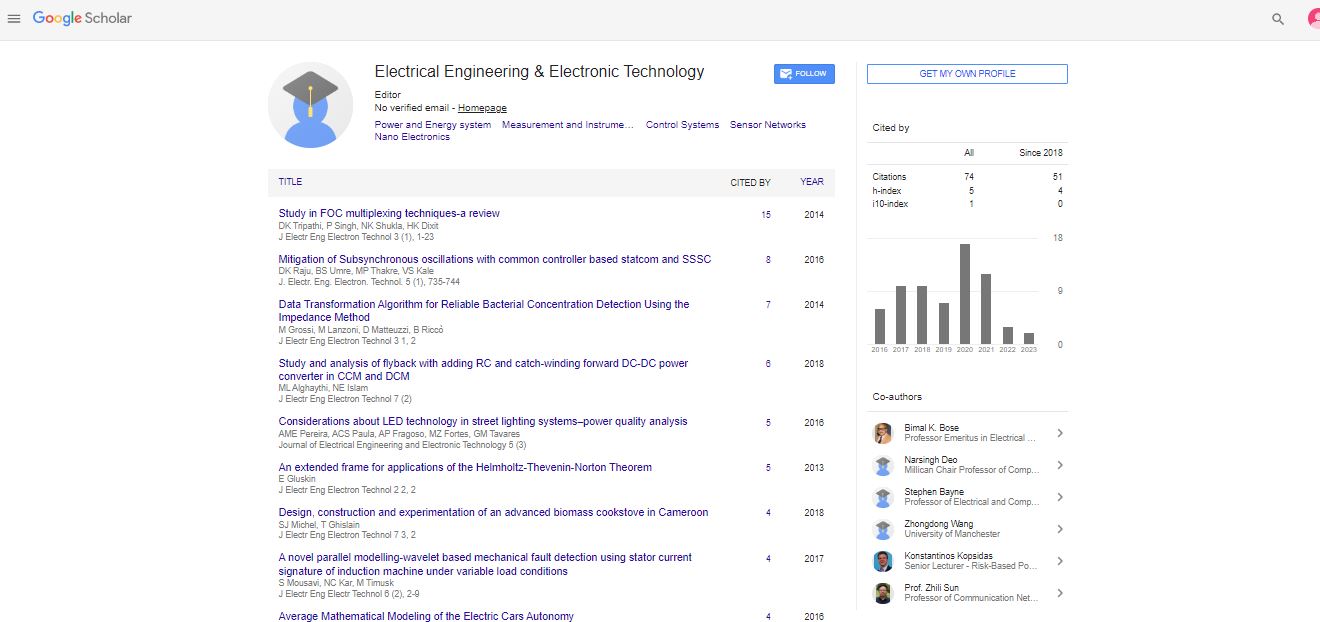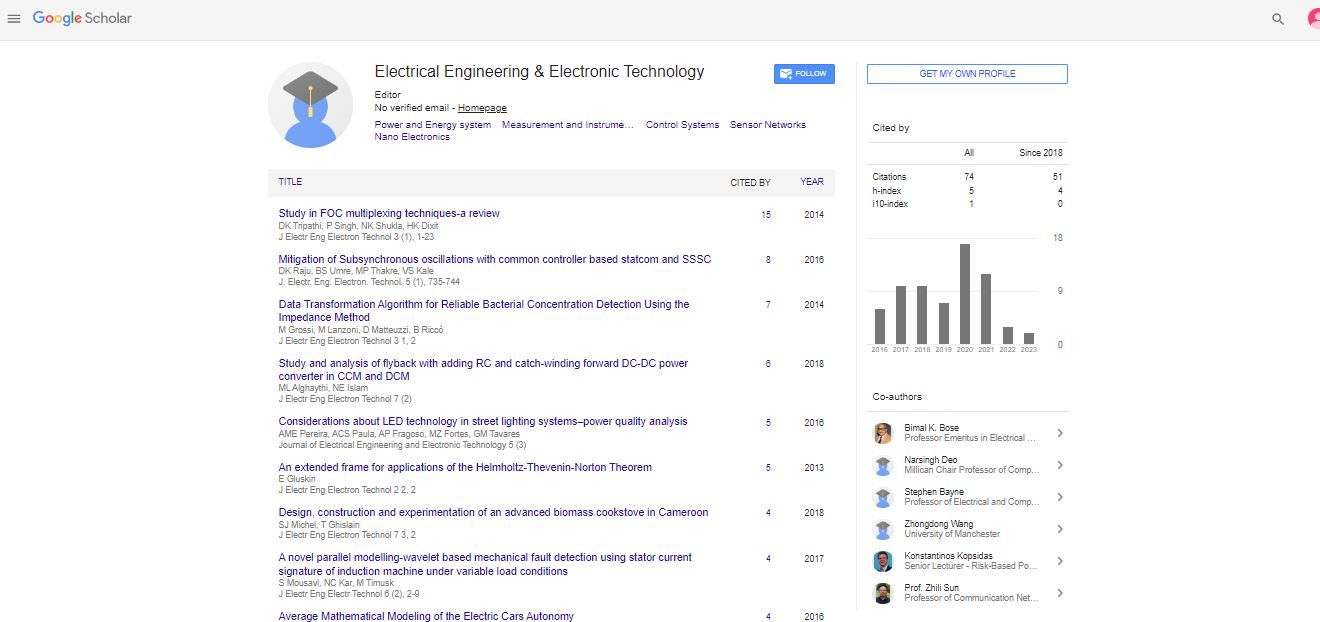How does information affect willingness to pay for green power?
Yang Zhou
Fudan University, China
: J Electr Eng Electron Technol
Abstract
Dichotomous choice contingent value method (DC CVM) is used for valuing a wide variety of nonmarket goods because of its simplicity and non-incentives for strategic responses, among which double-bounded dichotomous choice is one of the most efficient used method. However, this method may show a strong starting-point bias due to lack of information of respondents about the non-market goods. Information will change respondents willingness to pay (WTP) in two ways. First, information will directly change respondents’ WTP. Second, the combination and sequence of information may cause different effect on WTP. This paper designed a survey experiment to estimate the combined information change on WTP. The survey experiment conducted in Shanghai covered 3208 respondents. We randomly assigned the respondents into two sub-samples with and without information. In information part, we reassigned the respondents into three sub-groups with different starting information. In both groups, we asked the respondents to answer “yes” or “no” to the bid price which is a double-bounded dichotomous choice process. Then we stopped the survey by interrupting with other information and did a second DB DC CVM. As result, we found a strong starting-point bias and information change on WTP. The estimation of the WTP in Shanghai for green power is about 18 Chinese cents per kWh with single information. What’s more, we find that different sequence of information combination will cause different change on WTP. The time of cost information given may cause a strong change on WTP.
Biography
Yang Zhou is currently pursuing his PhD at Fudan University, School of Economics. His team focuses on electricity big data analysis and household behavior studies. He has published one smart-grid complex network paper in China.
 Spanish
Spanish  Chinese
Chinese  Russian
Russian  German
German  French
French  Japanese
Japanese  Portuguese
Portuguese  Hindi
Hindi 
